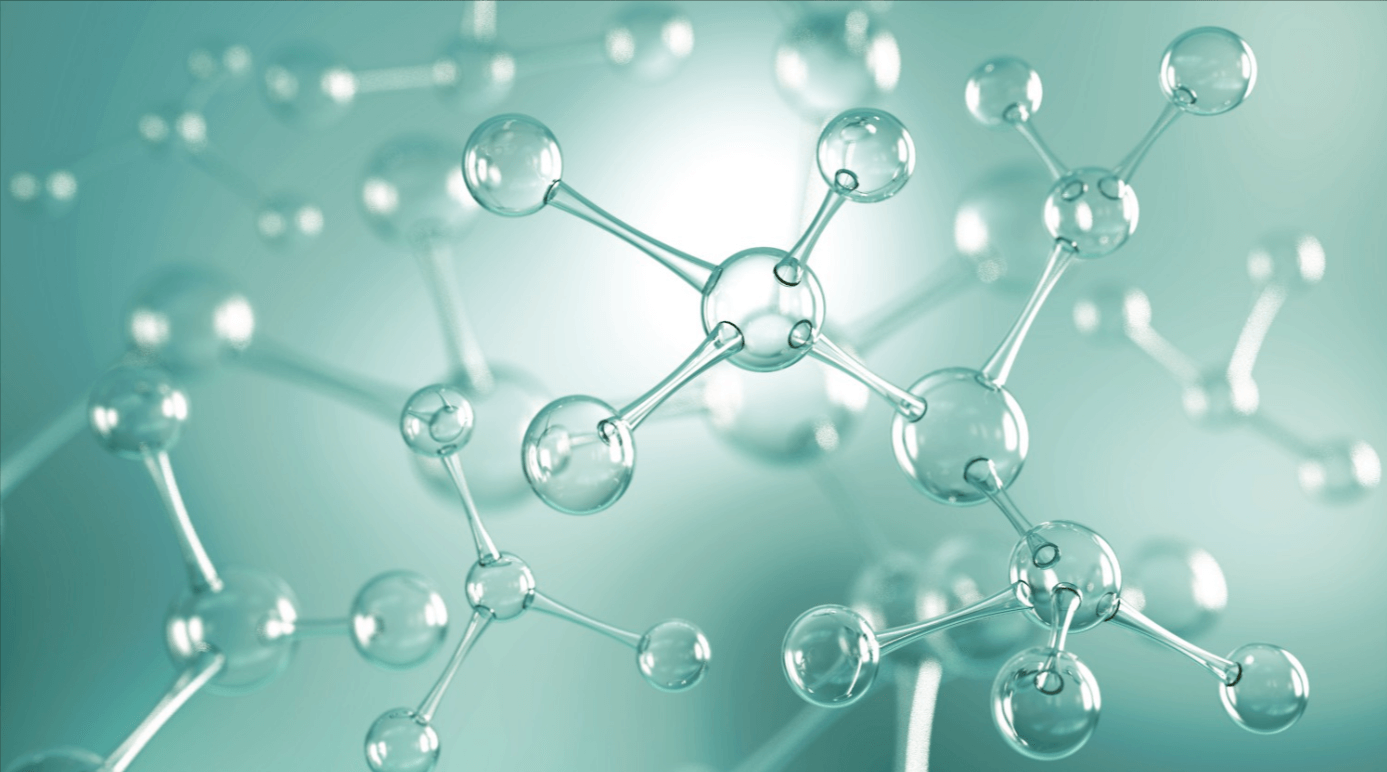What is a peptide? Let’s begin from the very top. Peptides are the fundamental units of protein construction. Peptides, like proteins, are long sequences of two or more amino acids joined collectively by peptide bonds
What is a peptide?
Let’s begin from the very top. Peptides are the fundamental units of protein construction. Peptides, like proteins, are long sequences of two or more amino acids joined collectively by peptide bonds (AKA amide bonds). Despite the fact that peptides are far smaller than proteins, they form the building blocks of proteins when they are linked together. Peptides in skincare products encourage the production of collagen, the skin’s most abundant protein. Anti-aging treatments that aim to increase collagen synthesis and combat fine lines and wrinkles typically include these ingredients.
What is an oligopeptide?
There are two types of peptides: oligopeptides, which include two to twenty amino acids, and polypeptides, which contain more than twenty amino acids. To be clear, some companies (and academics) simply use the word peptide to refer to any short chain of amino acids, including oligopeptides.
What is the significance of the chain’s length?
Bigger polypeptides or proteins cannot be assimilated through the top layer of skin because of the size of the polypeptide or proteins. When administered topically, smaller peptides, known as oligopeptides, have the ability to penetrate deeply into the cellular level. Because big proteins such as collagen are unable to get through the skin barrier, skincare companies have attempted to address the issue by using small peptide sequences in their products.
Skin oligopeptides: what they can do
Research has shown that certain skincare oligopeptides, such as collagen-stimulating peptides, may reduce the look of fine lines and wrinkles while also improving the overall look of the skin, according to Sarkar.
Despite the fact that peptides all operate in somewhat different ways, the advantages don’t end with the generation of collagen. In addition, oligopeptides have the following properties:
Improve skin elasticity: Certain oligopeptides, including palmitoyl oligopeptide and palmitoyl tetrapeptide-7, signal to the skin to heal itself when it is damaged. They may, for example, aid in the healing of the red, oozy, scaly condition that follows the popping of a pimple.
Add moisture: “As collagen levels drop, you’re more likely to see saggy skin, discoloration, and other signs of aging,” said Sarkar. Peptides boost collagen production, resulting in fuller, more moisturized skin.
Antioxidants in peptides assist in decreasing inflammation by calming and soothing the skin.
Free radical protection: Because oligopeptides aid in the formation of new skin cells, they effectively reinforce the skin’s barrier, making it more resistant to Uv exposure and other outside influences.
Who is a good candidate for using oligopeptides?
In principle, anyone of any age may benefit from using oligopeptides in their skincare products, but those in their thirties and older will enjoy the most advantages from doing so.
As we get older, our collagen depletes more quickly than it can be replaced; therefore, having additional signals to aid in the production of collagen is very beneficial. When used on all skin types, peptides are usually well-tolerated, and they have even been shown to be safe during pregnancy. If you have a license, you can find high-quality, USA made peptides for sale online.
